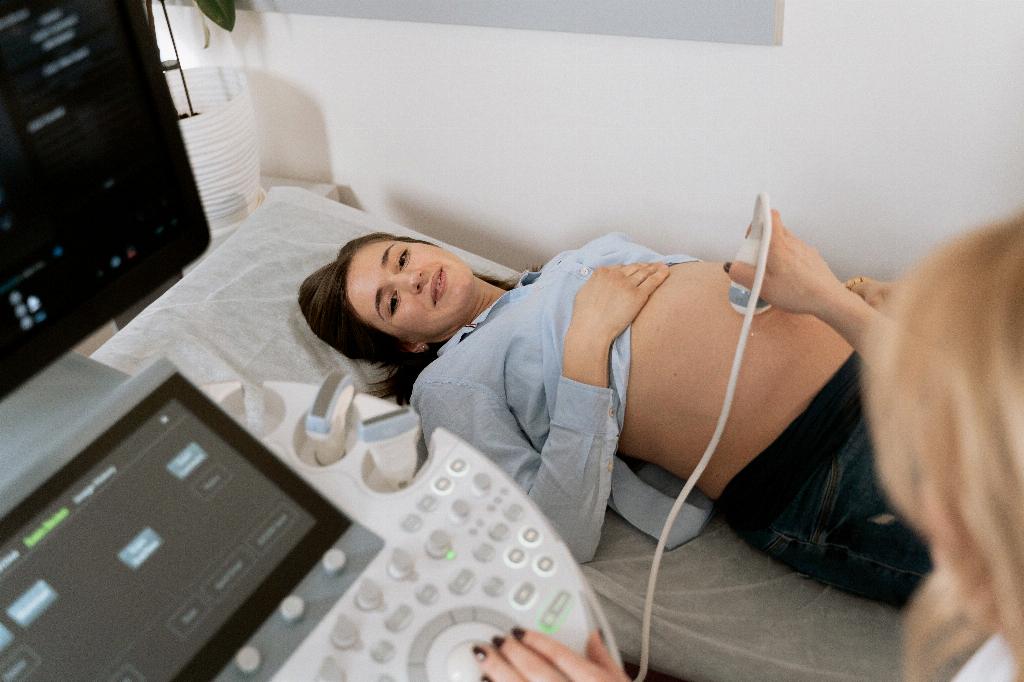When it comes to tracking pregnancy progress, it’s common to refer to weeks rather than months. This is because weeks provide a more detailed and accurate way to monitor fetal development. While it might seem confusing at first, knowing how many weeks pregnant you are gives a clearer picture of your pregnancy timeline.
Week 30: A Milestone in Pregnancy
At 30 weeks pregnant, you are in the seventh month of your pregnancy and have officially entered the third trimester. Your baby is now about the size of a lettuce, and you may start feeling more pronounced movements and kicks as your little one continues to grow and develop.
Calculating Months vs. Weeks
Now, let’s address the question: Am I 8 months pregnant at 30 weeks? While it can be a bit confusing, the answer is no. At 30 weeks, you are still in the seventh month of pregnancy, moving closer to the eighth month but not quite there yet. Pregnancy months are not a perfect match to calendar months, so counting by weeks is more precise.
The Third Trimester Count
It’s important to remember that a full-term pregnancy is typically around 40 weeks, which means you have about 10 weeks to go at 30 weeks. This period marks the final stretch of your pregnancy journey as your body prepares for childbirth and your baby’s arrival.
Understanding Fetal Development
During the third trimester, your baby undergoes rapid growth and development. At 30 weeks, your little one’s senses are becoming more refined, and they are gaining more body fat to help regulate body temperature after birth. Each week brings new changes and milestones for both you and your baby.
Maintaining Prenatal Care
As you progress through the third trimester, it’s crucial to stay on top of your prenatal care and attend regular check-ups with your healthcare provider. These appointments help monitor your health, track fetal growth, and address any concerns or questions you may have about your pregnancy.
Preparing for Labor and Delivery
While 30 weeks may still feel like there is time before your due date, it’s wise to start thinking about your birth plan and preparing for labor and delivery. This includes discussing pain management options, creating a support system, and packing your hospital bag with essentials for the big day.
Embracing the Changes
As your body continues to change and adapt to pregnancy, it’s normal to experience a range of emotions and physical symptoms. From nesting instincts to backaches and mood swings, embracing these changes as part of the pregnancy journey can help you navigate this transformative time with grace and patience.
Building a Bond with Your Baby
Throughout the third trimester, finding moments to connect with your baby can foster a strong bond and sense of closeness. Whether through gentle movements, talking to your bump, or playing soothing music, nurturing this relationship can have lasting benefits for both you and your little one.
Seeking Support and Community
As you approach the final months of pregnancy, reaching out to other expectant mothers, joining prenatal classes, or connecting with online forums can provide a sense of support and camaraderie. Sharing experiences, tips, and concerns with others going through a similar journey can offer comfort and reassurance.
Embracing the Journey
While the question of being 8 months pregnant at 30 weeks may have a straightforward answer, the journey of pregnancy is anything but linear. Embrace the ups and downs, the uncertainties and joys, as you navigate this transformative time and prepare to welcome your little one into the world.
Conclusion
In conclusion, at 30 weeks pregnant, you are not yet 8 months pregnant but rather in the seventh month of your pregnancy. Each week brings new developments and milestones as you continue on this remarkable journey of creating new life and preparing for the arrival of your baby.

